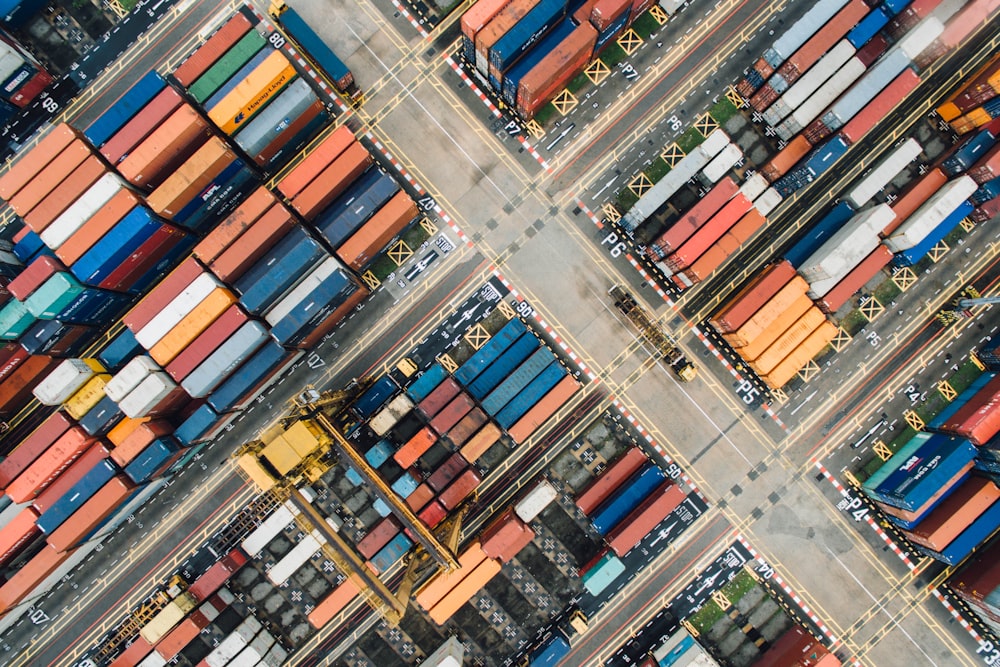
A new report published by the Washington DC office of the Heinrich ��ö���� Foundation reviews the recent initiative being led by the G20 countries and their respective development finance institutions, including the major multilateral development banks, for the financialization of development lending that is based on the stepped-up use of securitization markets.
The report details how the initiative goes beyond the Washington Consensus reforms of the last few decades by calling on developing countries to adopt even farther-reaching degrees of financial liberalization on a new order of magnitude. In what Prof. Daniela Gabor of the University of West England, Bristol, “the Wall Street Consensus,” such reforms would involve a wholesale reorganization of the financial sectors and the creation of new financial markets in developing countries in order to accommodate the investment practices of global institutional investors.
The new report, “” describes the key elements of the new initiative – specifically how securitization markets work and how the effort is designed to greatly increase the amount financing available for projects in developing countries by attracting new streams of private investment from private capital markets. The paper introduces the basic logic underpinning the initiative: to leverage the MDBs’ current USD 150 billion in annual public development lending into literally USD trillions for new development finance. In fact, the World Bank had initially called the initiative “From Billions to Trillions,” before finally calling it, “Maximizing Finance for Development.”
While securitization can be useful for individual investors and borrowers under certain circumstances, the proposal to use securitization markets to finance international development projects in developing countries raises a set of major concerns. The report lists 7 important ways in which the G20-DFI initiative introduces a wide range of new risks to the financial systems in ��𱹱���DZ辱�Բ���countries while undermining autonomous efforts at national economic development.
The key risks of securitization are:
- The inherent risk because securitization relies on the use of the “shadow banking” system that is based on over-leveraged, high-risk investments that are largely unregulated and not backed by governments during financial crises;
- The extensive use of public-private partnerships, despite the poor track record of PPPs, many of which have ended up costing taxpayers as much if not more than if the investments had been undertaken with traditional public financing;
- The degree of proposed deregulation reforms in the domestic financial sector required of developing countries would undermine the ability of “developmental states” to regulate finance in favor of national economic development;
- The degree of financial deregulation required would also undermine sovereignty by making the national economy increasingly dependent on short–term flows from global private capital markets and thereby undermine the sovereign power of governments and their autonomous control of the domestic economy;
- The uncertainty relating to governance and accountability for the environmental, social and governance standards associated with development projects. Such accountability has been fixed to traditional forms of public MDB financing for development project loans, but as future ownership of assets is commercialized and financialized, fiduciary obligations to investors may override obligations to enforce ESG implementation;
- The deepening of the domestic financial sectors in developing countries, as required by the initiative, can create vulnerability as the size of the financial sector grows relative to that of the real sector within economies; and
- The privatization and commercialization of public services, including infrastructure services, as called for by the initiative, has faced a growing backlash as reflected by the global trend of remunicipalizations. The fact that the securitization initiative is being promoted in such a high profile way by the G20 and leading DFIs despite all of these risks reflects an intensified contest between those supporting the public interest and those supporting the private interest.
The report also documents the relatively minor degree of interest expressed so far by global financial markets in the initiative, suggesting it is not likely to galvanize the trillions of dollars claimed by its proponents.
It concludes by reviewing the arguments for the scaled up use of traditional public financing mechanisms and several of the important ways in which this can be done, including steps that could be taken by G20 countries, DFIs and governments.
Rick Rowden recently completed his PhD in Economic Studies and Planning from Jawaharlal Nehru University (JNU) in New Delhi.




 Last month, central bankers and politicians around the world remembered the global financial crisis and the lessons learnt in its wake. The consensus goes at follows: we have done a great deal to reform banks and protect tax payers from their aggressive risk taking but we haven’t done enough on shadow banking. At this point, the consensus fragments. Central banks claim that they need more power to deal with systemic risks stemming from the shadows, whereas politicians worry about the moral hazards involved in future rescues of shadow banks like Lehman.
Last month, central bankers and politicians around the world remembered the global financial crisis and the lessons learnt in its wake. The consensus goes at follows: we have done a great deal to reform banks and protect tax payers from their aggressive risk taking but we haven’t done enough on shadow banking. At this point, the consensus fragments. Central banks claim that they need more power to deal with systemic risks stemming from the shadows, whereas politicians worry about the moral hazards involved in future rescues of shadow banks like Lehman.
